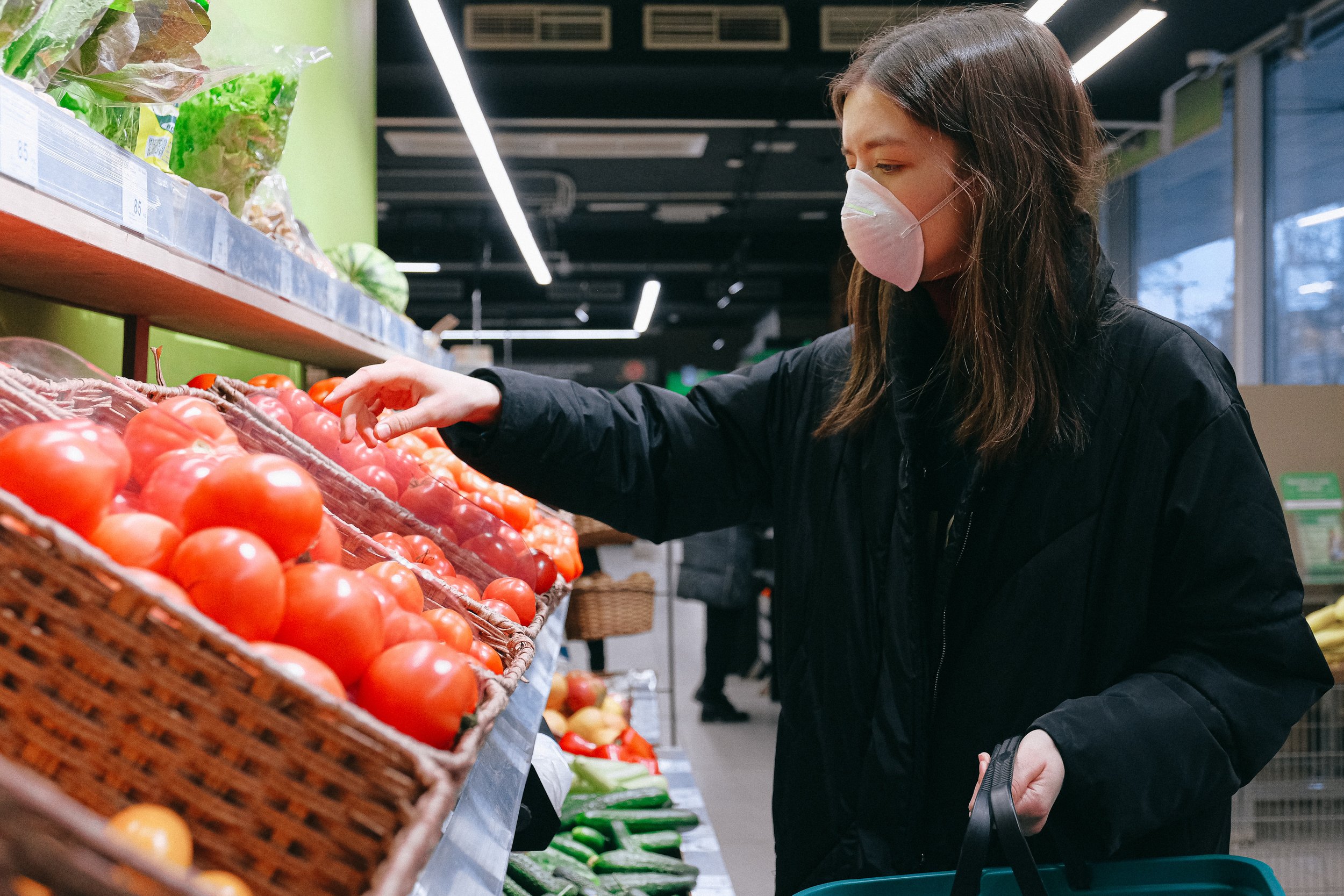
Hawaiʻi to restrict soda purchases under SNAP in 2026; local groups oppose
Instead, increasing incentives for fruits and vegetables does a better job of promoting healthy eating and reducing purchases of sugar-sweetened beverages among SNAP participants.

Progress report: Hawaiʻi’s working families need more support
Advocates for working families are concerned that bad things are coming with federal cuts and hoped the legislature would do more to increase the state’s safety net.
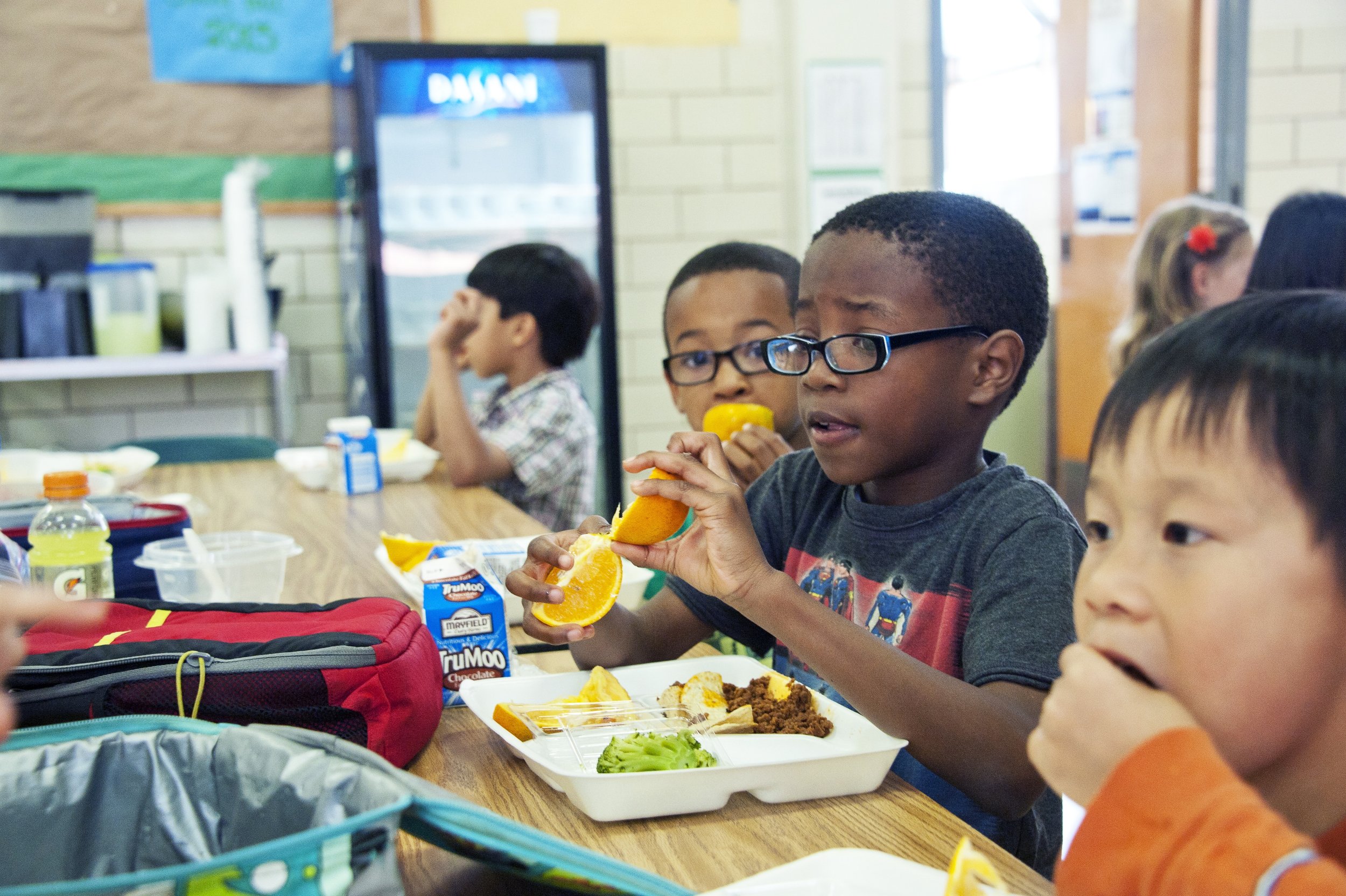
State passes a bill to expand free school meal access
The bill, SB1300, will go into effect with the upcoming 2025-26 school year and will cover students whose family income is not more than 300 percent of the federal poverty level.
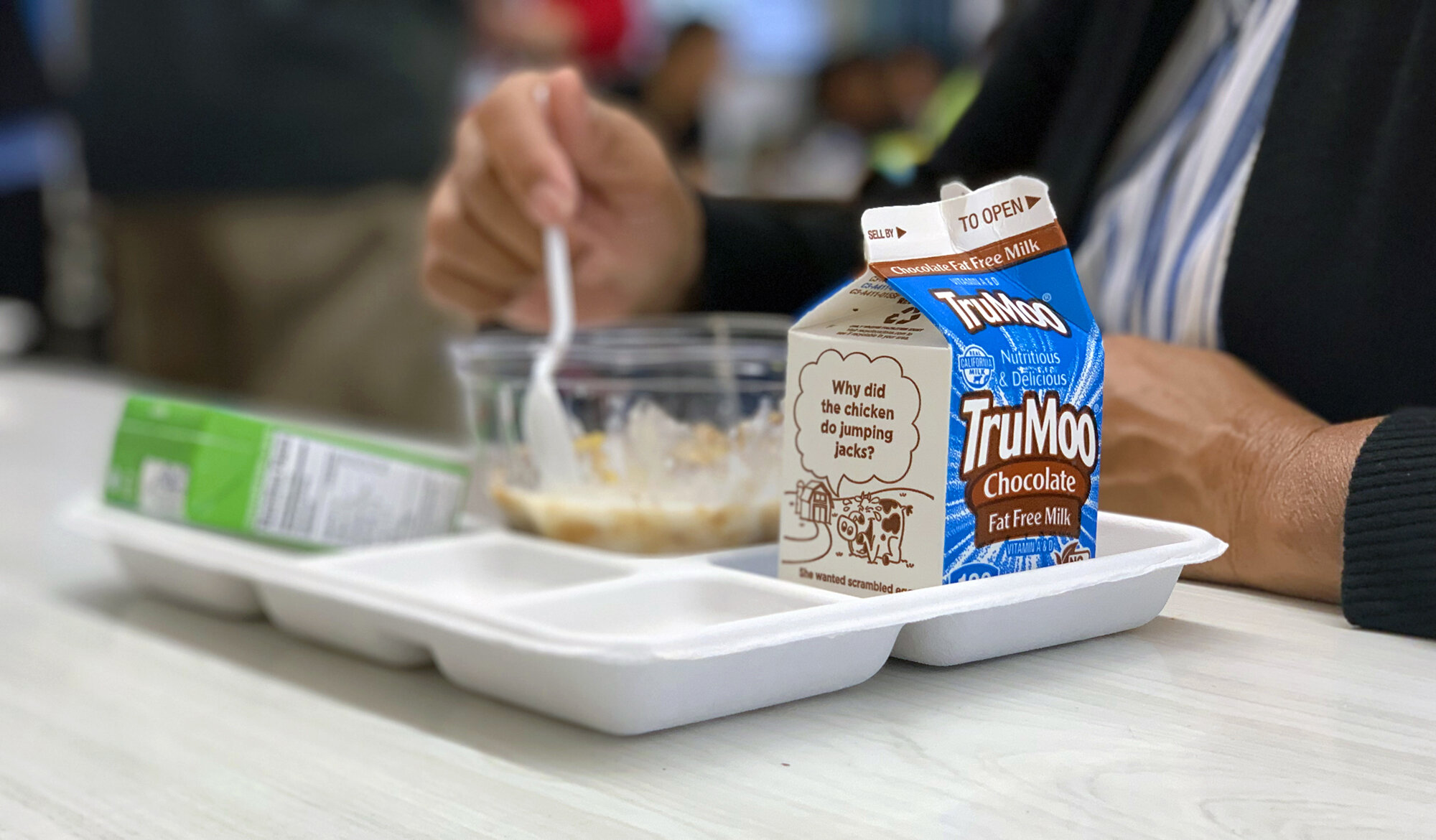
State officials discuss expansion of free school meals
SB1300 would require the state DOE to appropriate funding for meals for students who come from households classified as “asset limited, income restrained, employed,” (ALICE).

Hawaiʻi food insecurity persists post COVID-19
Even as Hawaiʻi distances itself from the harshest effects of the COVID-19 pandemic, anti-hunger advocates say that elevated food insecurity among residents has not only persisted but is growing.
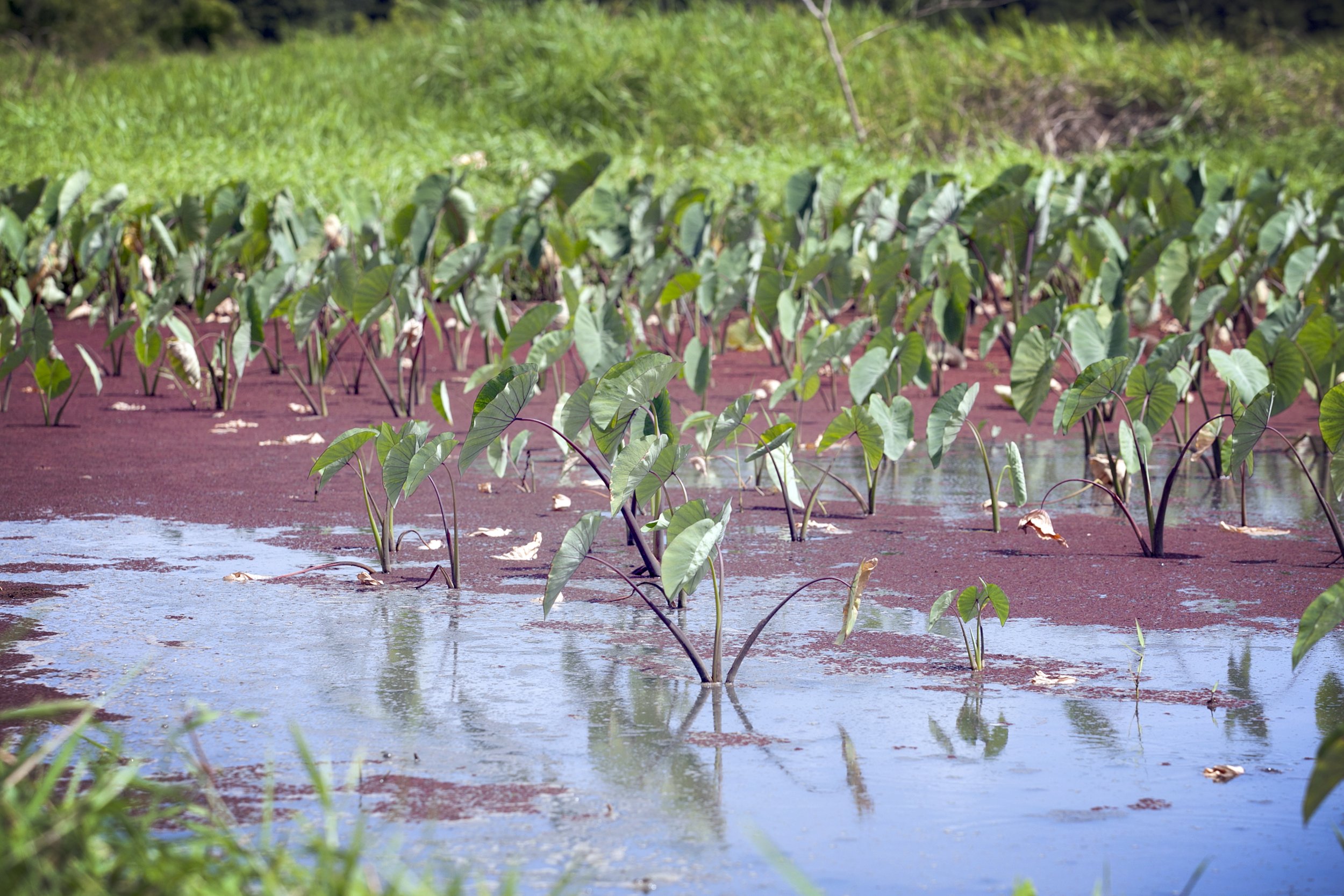
VIDEO: Anti-hunger leaders join ‘Spotlight Hawaiʻi’
Hawaiʻi Food Bank CEO Amy Miller Marvin and Daniela Spoto, Hawaiʻi Appleseed’s director of Anti-Hunger Initiatives, joined the Honolulu Star-Advertiser’s “Spotlight Hawaiʻi.”
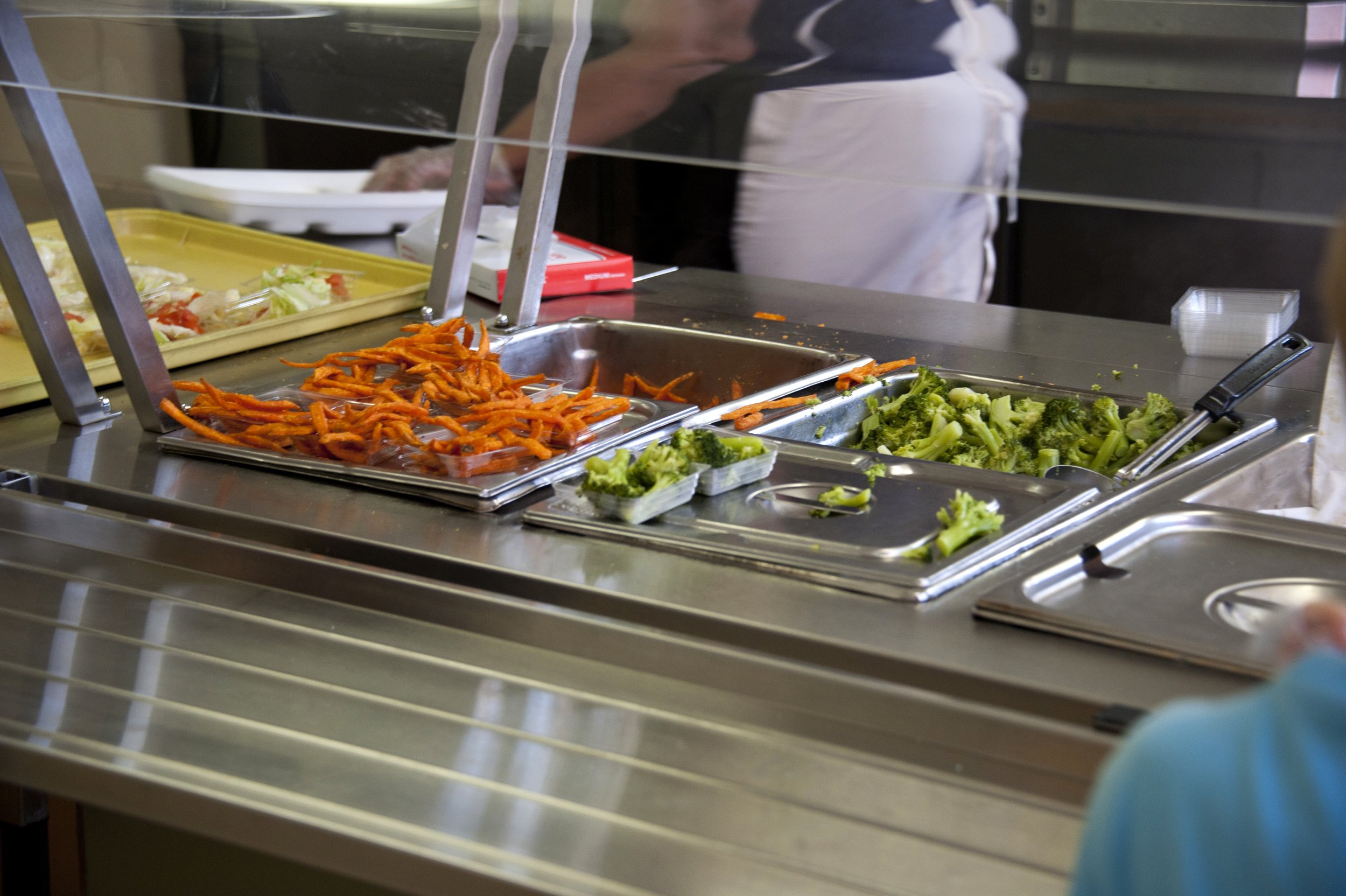
Lawmakers are keeping pressure on DOE for school meal plans
Farmers and ranchers see an opportunity for ongoing collaboration.
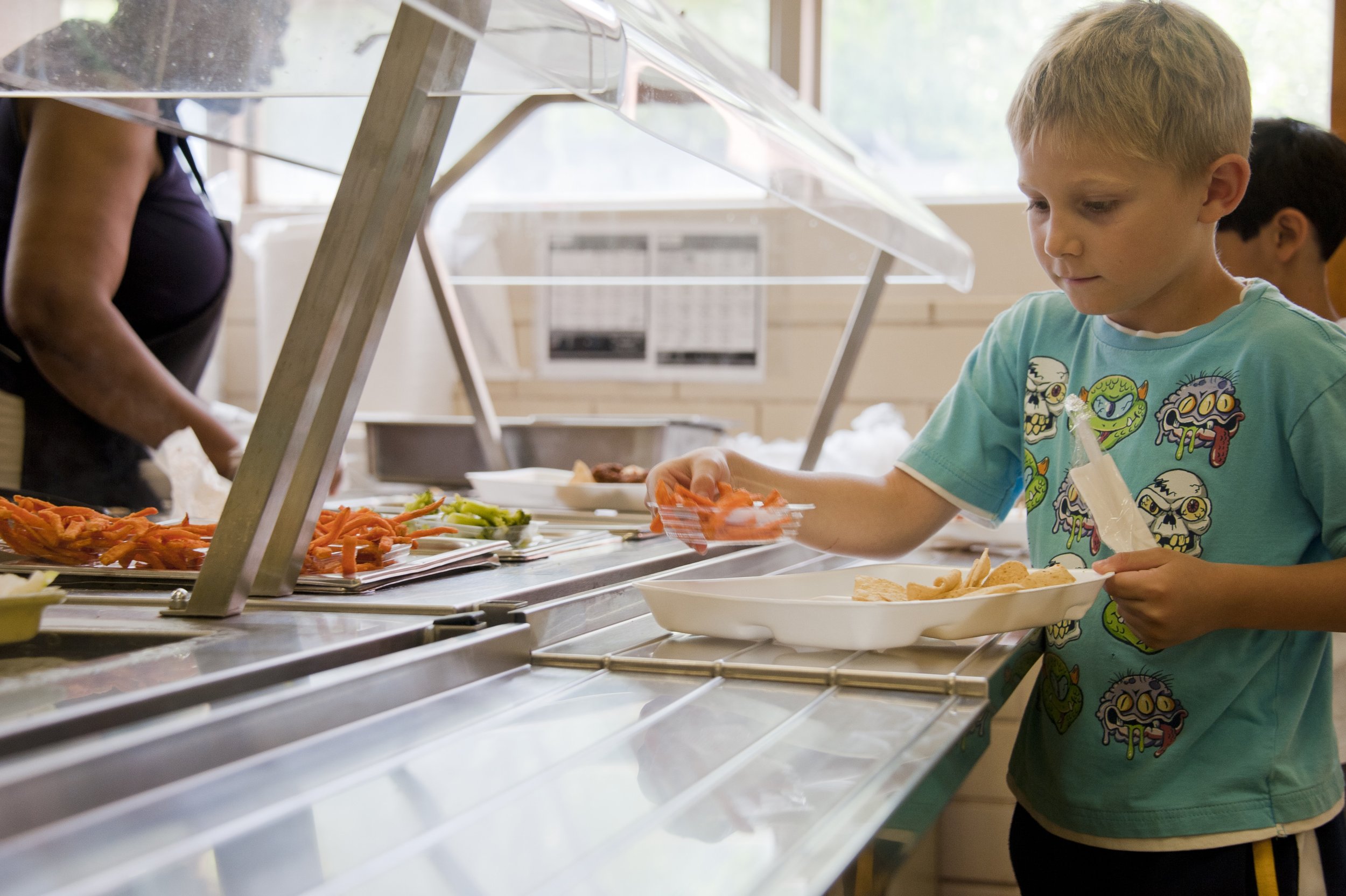
Bills to transform Hawaiʻi’s school meals die in Senate
A handful of well- supported bills to transform student meals in Hawaiʻi’s public schools appears to be dead for this legislative session.

State gets more funding for school lunches
Funding will go toward providing healthy meals at Hawaiʻi schools, child care, after-school and summer programs where more than 100,000 children will benefit.
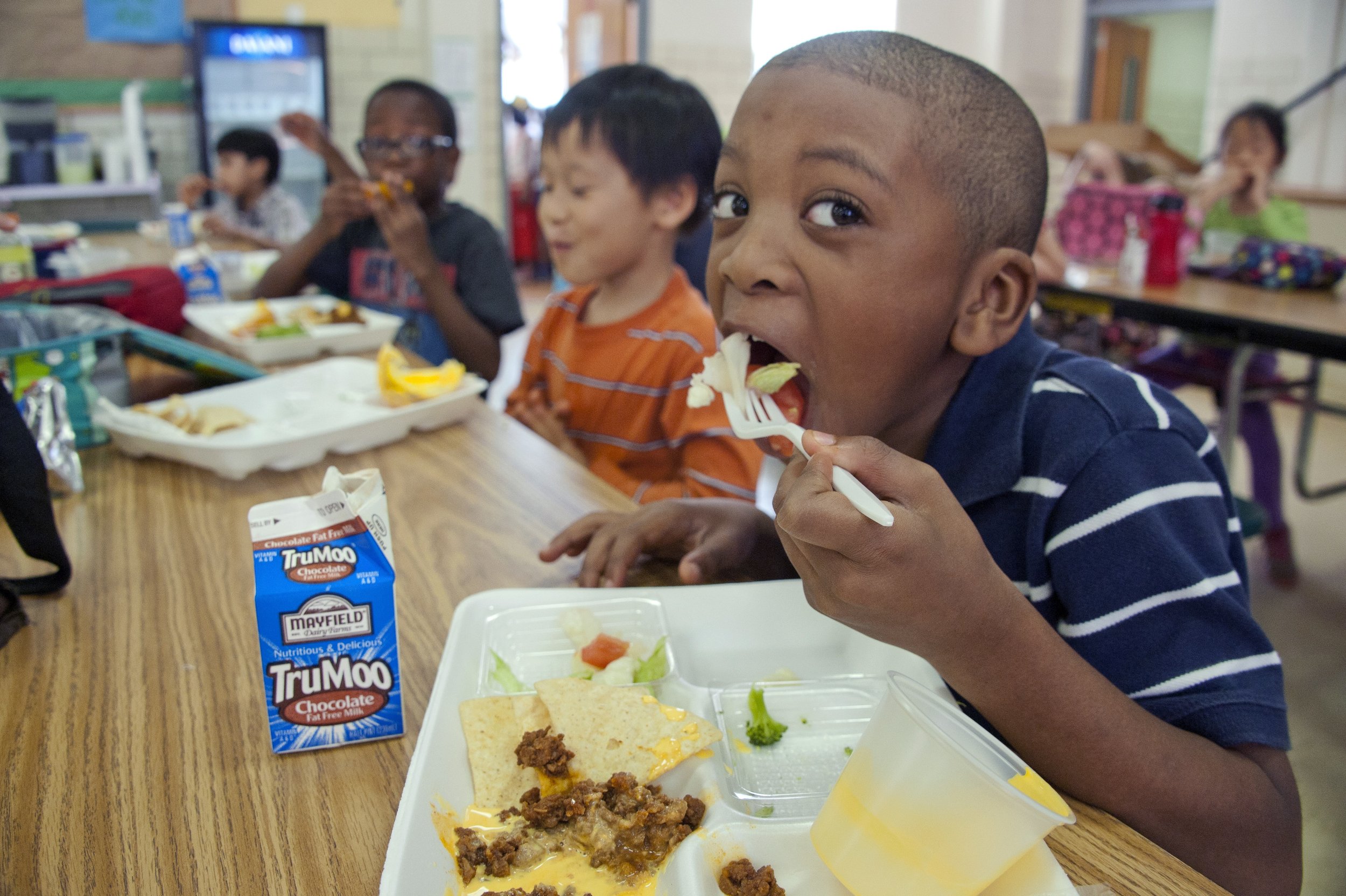
Rate increase will bring in $8 million per year to feed Hawaiʻi’s keiki
These increased rates are projected to bring an additional $8 million a year to Hawaiʻi to support healthy meals for children.
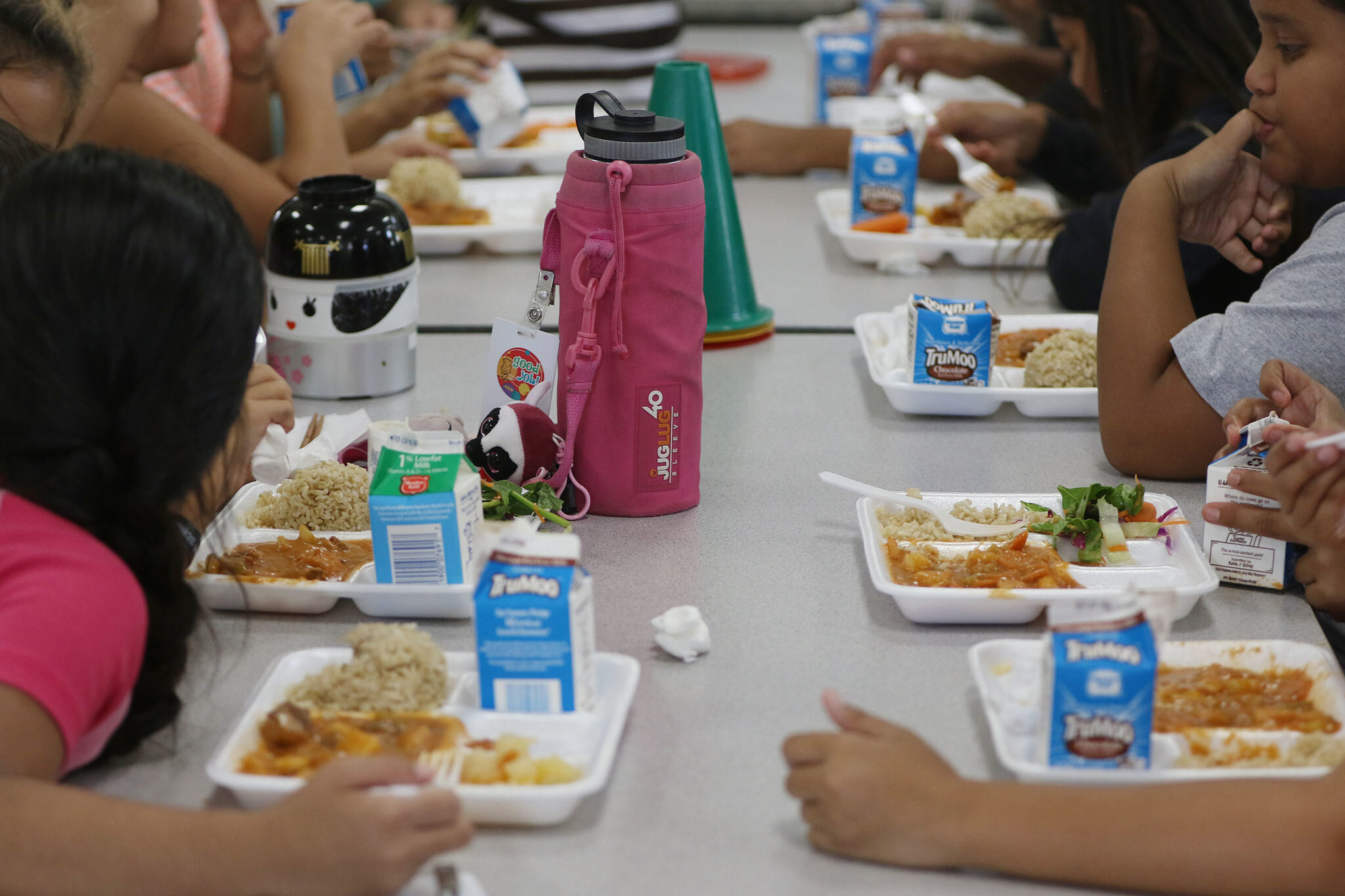
Inside the push to make school meals free in Hawaiʻi
A growing number of states are looking for ways to make free meals a permanent part of public education.
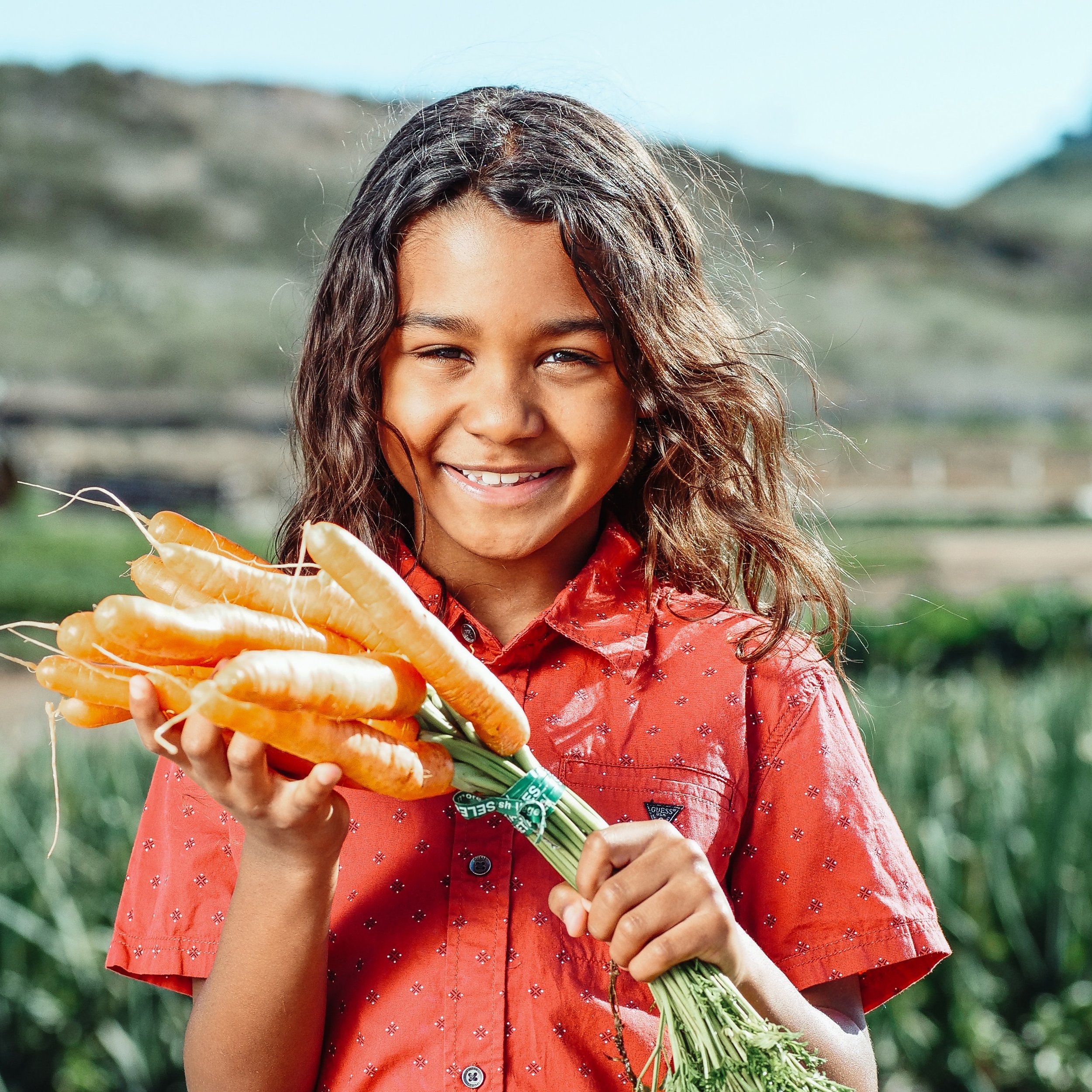
Tap more child nutrition, school-lunch subsidies for isle keiki
The “Feed Our Keiki” report finds that the federal school meal reimbursement rates for Hawaiʻi currently should be 62% higher than other states, but it has been stuck at only 17% higher since 1979.
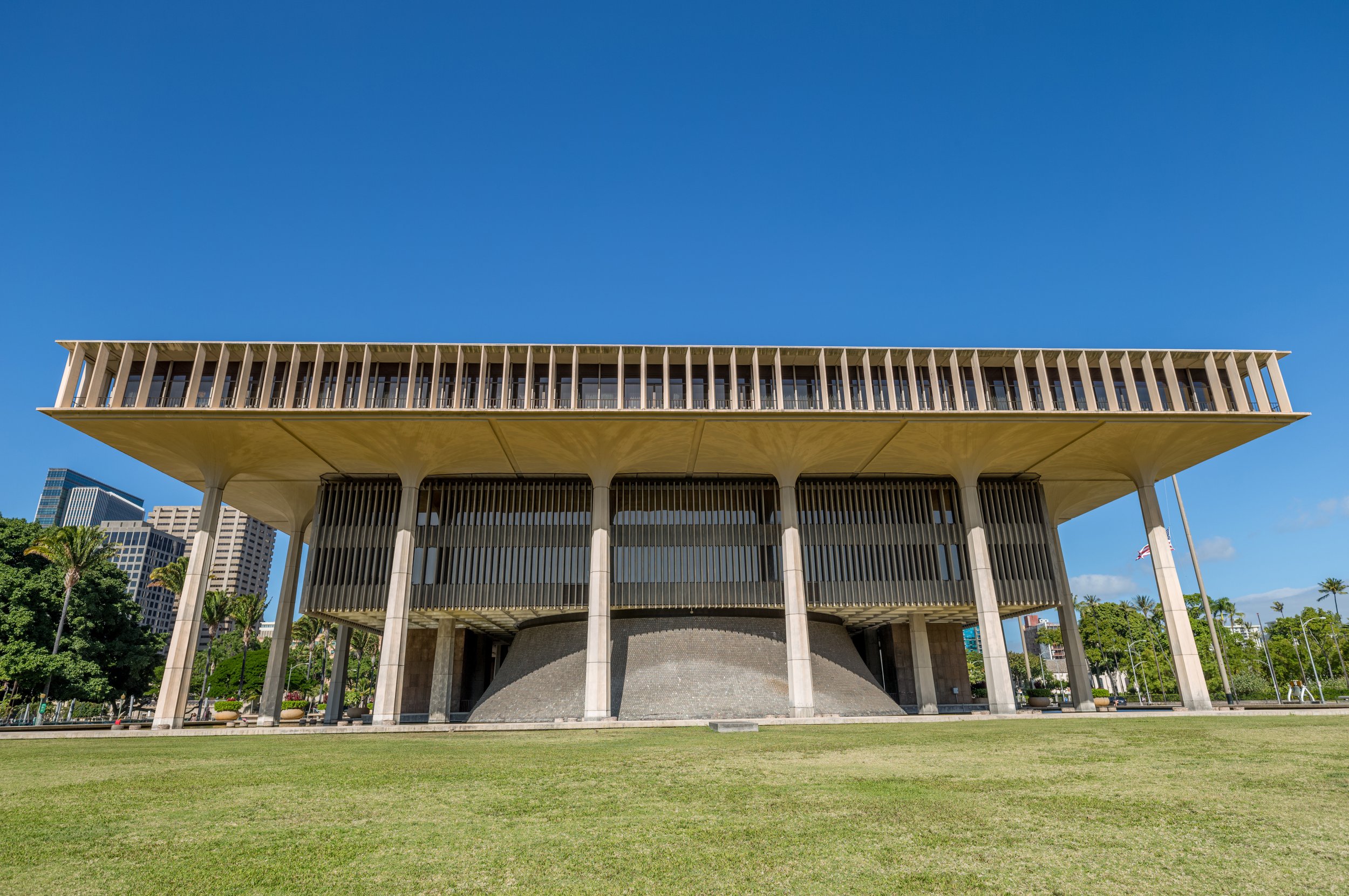
Hawaiʻi legislature 2022: smart spending could help big problems
The legislature has money available for almost any policy initiative imaginable, and every member of the house and senate is up for reelection.

Hawaiʻi schools are buying less local food during the pandemic
Despite new legislation requiring public schools to serve student meals with more local ingredients, advocates say they are frustrated by a regression in local food initiatives.

Fundraising campaign kicks off next week to help fight child hunger
An annual fundraising campaign kicks off next week to help fight child hunger and expand participation in free breakfast programs at public schools.

Why are more people than ever receiving food stamps in Hawaiʻi?
A historically high enrollment in the food stamp program is part of a broader increase in the need for public services during the pandemic.
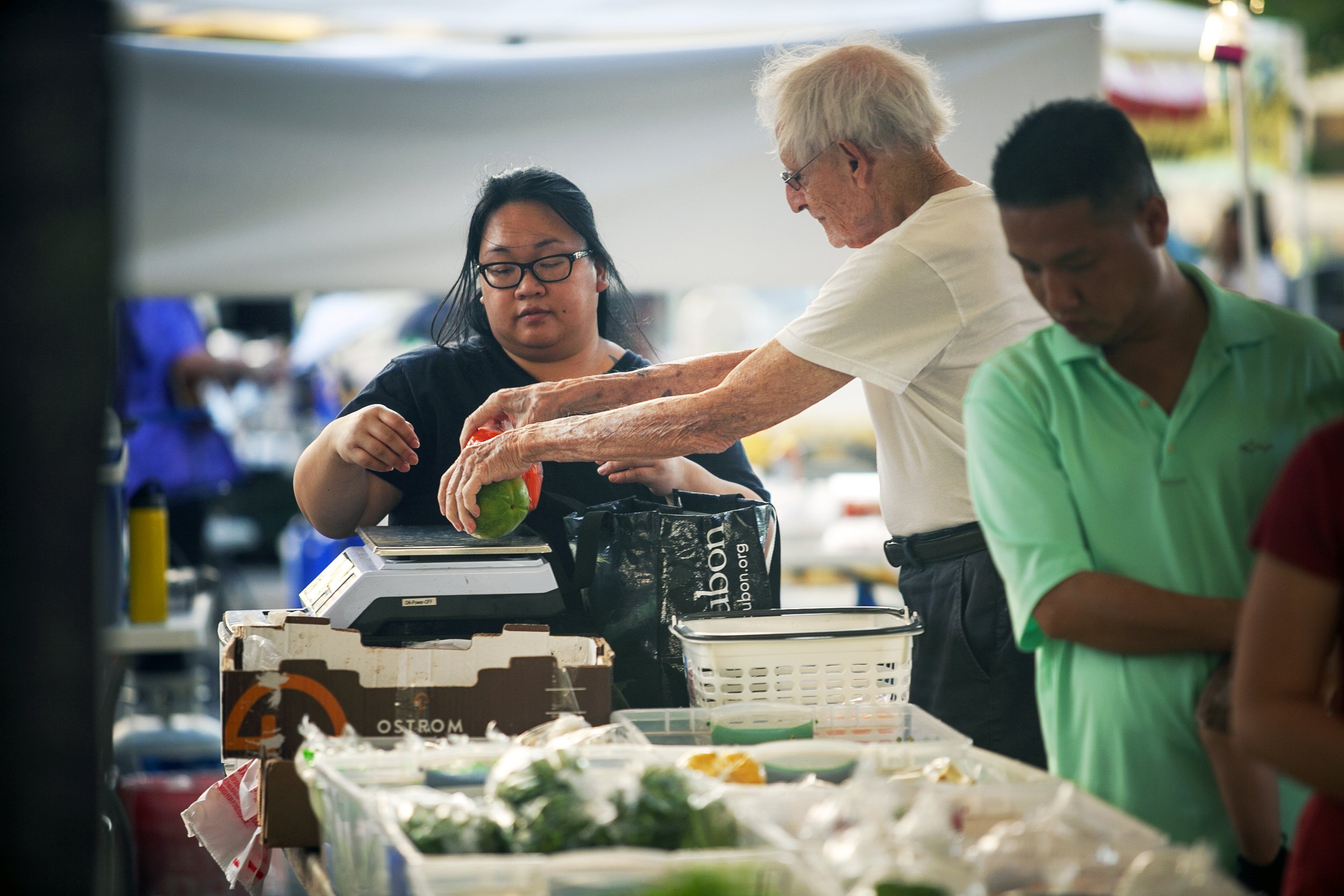
Bill would expand DA BUX food program
The measure is intended to provide low-income people easier access to healthier food choices and to help local farmers and ranchers.

$12 minimum wage hike clears key Senate committees
In recent years there’s been increasing support from the state’s leading lawmakers and Democratic Party to pay workers a living wage, but the gap between that figure and what lawmakers have been willing to pass remains wide.

Minimum wage hike up to timing
Hawaiʻi’s high cost of living, makes a minimum wage increase vital for low-income workers, including many who have been on the pandemic’s front lines.
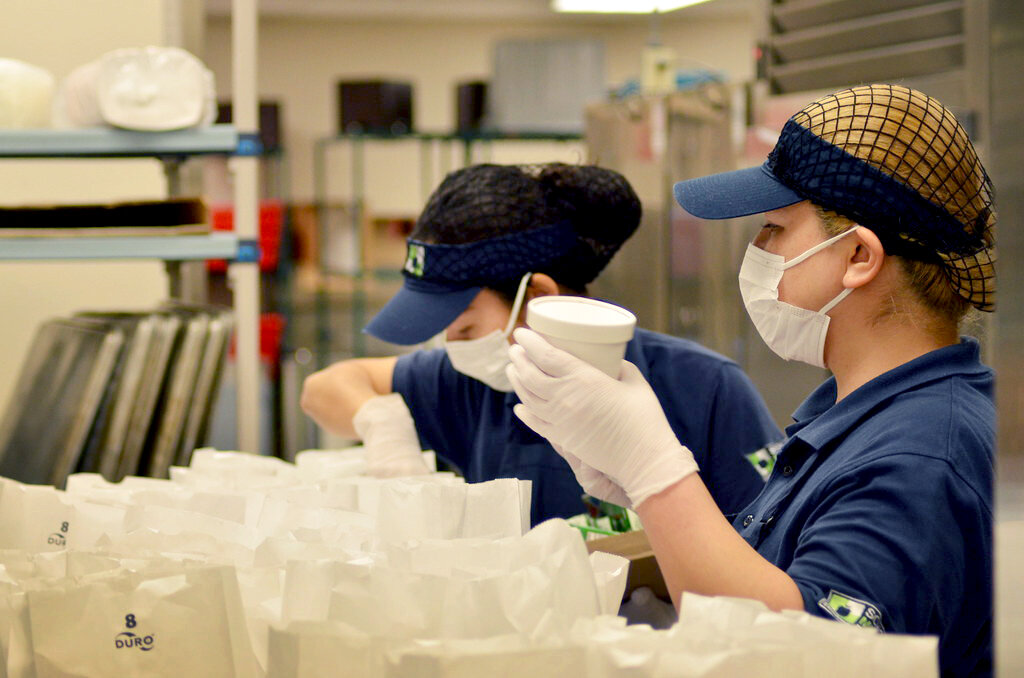
DOE improves free school breakfast program during pandemic
Hawaiʻi Appleseed has monitored the ranking for years, and has been working with the DOE to improve those numbers.
